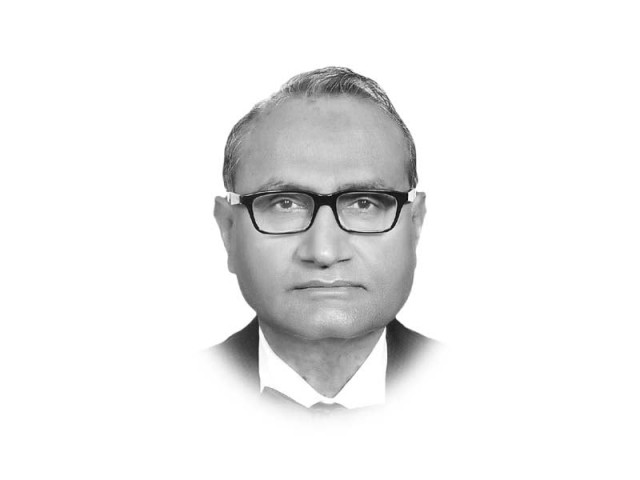Will SDGs fail, as did MDGs?
With 17 goals and 169 targets, this is a much wider agenda than the MDGs

pervez.tahir@tribune.com.pk
As the first such indigenous effort, the programme was reasonably successful. Its continuation in the learning-by-doing mode would by now have brought a perceptible improvement in our social indicators. Alas, this was not to be. Donors came in droves to fund and drive its successor, SAPP II. The programme was abandoned midstream amidst charges of corruption, ineptitude and institutional failure.
Around the turn of the century, the Millennium Development Goals (MDGs) presented another opportunity. Again, in the absence of reliable data in many critical areas, an unaided coordination committee in the Planning Commission worked hard in 2002-03 to fix achievable targets for the seven MDGs. Unlike the Social Action Programme, the MDGs could not be mainstreamed into the planning process. Poverty reduction, with strategy papers written by consultants sitting in donor-funded units, offered cut-throat competition to the MDG school. These units provided opportunities to government functionaries to either outsource their normal functions or jump the bandwagon themselves to keep doing what they were doing, but at a premium. The finance ministry, interested mainly in funding, took over the PRSP process. For its suddenness, what should have been a boon became a bane: the devolution of the social sector under the 18th Amendment in 2010 derailed the MDG process even further. No eyebrows were raised when the results were announced in 2015. Most targets were missed by wide margins. Based on suspect data, the target related to poverty reduction, was declared overachieved!
Now Pakistan, together with the other participants at the Sustainable Development Summit, has now adopted Sustainable Development Goals (SDGs) as its national development goals. With 17 goals and 169 targets, this is a much wider agenda than the MDGs. Most of the action lies in the provinces. So far the SDG process has been federally focused, with donors vying to set up units in the provinces. Punjab, the most advanced province, has included SDGs in the guidelines for preparing the development programme, but not on the recurrent side. In actual plan formulation, however, one does not see a coherent set of targets, allocations, policies and programmes. The citizens budget just mentions the SDGs as an add-on to a defunct growth strategy. What the other provinces are doing is anybody’s guess. Mainstreaming, acceleration, reporting and policy support cannot be achieved by “doing the same thing over and over again and expecting different results.” Albert Einstein called it “insanity”. And so it is.
Published in The Express Tribune, March 24th, 2017.
Like Opinion & Editorial on Facebook, follow @ETOpEd on Twitter to receive all updates on all our daily pieces.














COMMENTS
Comments are moderated and generally will be posted if they are on-topic and not abusive.
For more information, please see our Comments FAQ